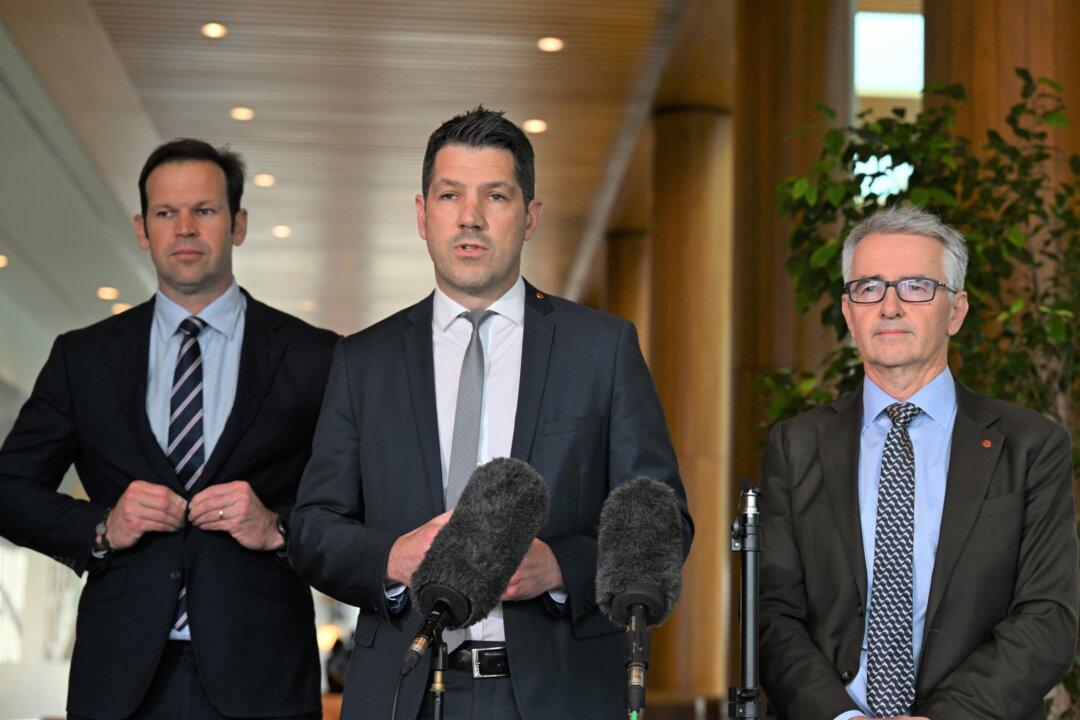UPDATE: The motion has been voted down in the Australian Senate.
Four Australian senators have lodged an order for the release of contracts between the federal government and pharmaceutical companies for the production of COVID-19 vaccines.

Four Australian senators have lodged an order for the release of contracts between the federal government and pharmaceutical companies for the production of COVID-19 vaccines.